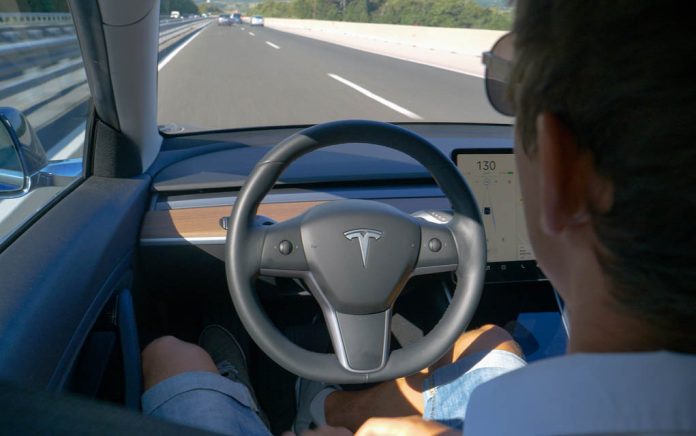
Impact on US-China Trade Relations
The recent move by the US Commerce Department to propose a ban on Chinese software in autonomous and connected vehicles with Level 3 automation and above marks a significant escalation in the already tense trade relations between the US and China. This ban aims to prevent Chinese companies from testing autonomous vehicles on US roads and prohibits vehicles with Chinese-developed advanced wireless communications modules from operating in the US.
Effect on American Tech Companies
This proposed legislation will have widespread consequences on American tech companies. They will now need to verify that their software is not developed by any “foreign entity of concern,” including China. This regulatory change will likely increase operational costs and complexity, potentially slowing down the rate of technological development and innovation within the sector.
Innovation in the autonomous vehicle industry may slow down as companies scramble to comply with new regulations. Resources that could have been allocated to research and development will now be redirected toward ensuring compliance with the proposed rules.
National Security Implications
Commerce Secretary Gina Raimondo highlighted the severe national security risks associated with connected vehicle technologies. “We decided to take action because this is really serious stuff,” said Raimondo. The administration is particularly concerned about the potential for connected vehicles to use driver monitoring systems to spy on occupants or even take control of the vehicle.
Autonomous Vehicle Industry Response
Automotive companies have promptly started to review their supply chains and partnerships to ensure compliance with the new rules. The industry will also have an opportunity to review the proposed changes and submit their comments, providing some buffer time to adapt to the new regulations.
The US may propose barring Chinese software in autonomous vehicles in the coming weeks due to security concerns, according to Reuters https://t.co/26QavAwNBr
— Bloomberg Markets (@markets) August 5, 2024
Consumer Reaction and Concerns
Consumers have expressed mixed reactions, with some concerned about cybersecurity risks while others worry about higher costs and potential delays in the adoption of new autonomous vehicle technologies.
Legal Challenges and Potential Lawsuits
This policy could open avenues for legal challenges and lawsuits from affected parties. Chinese companies and their US counterparts may argue that the measures violate international trade agreements and principles of fair competition.
Comparison with Other Countries’ Policies
The US is not alone in its concerns about Chinese technology in autonomous vehicles. Countries within the European Union and other allies have also raised alarms about cybersecurity risks. These nations have implemented or are considering similar measures to safeguard their technological infrastructure.
Historical precedents, like the US ban on Huawei, provide some insight into the potential outcomes of this move. Such bans have typically led to increased tension and legal disputes but have also spurred domestic innovation as companies seek to become self-reliant.
Conclusion
The proposed ban on Chinese software in autonomous vehicles is a multidimensional issue impacting trade relations, technological development, and national security. While the measures aim to safeguard against potential threats, they also bring about significant challenges for American tech companies, legal frameworks, and consumers alike. As the situation evolves, it will be crucial to monitor the industry’s response and the broader geopolitical implications.
Sources






















